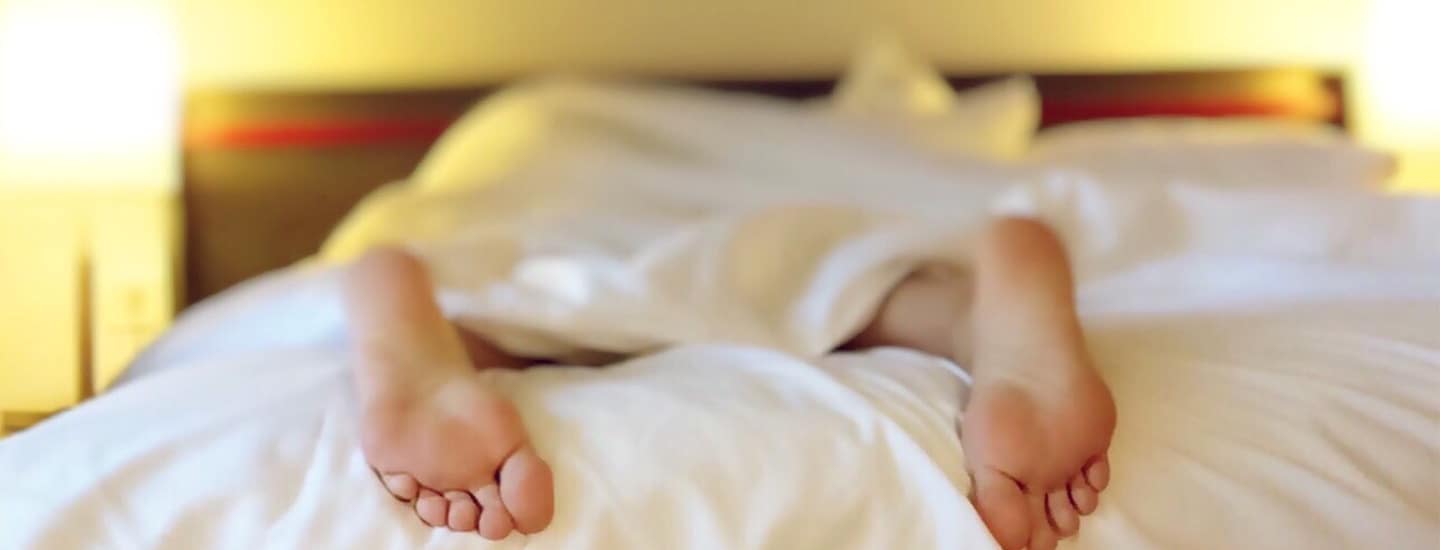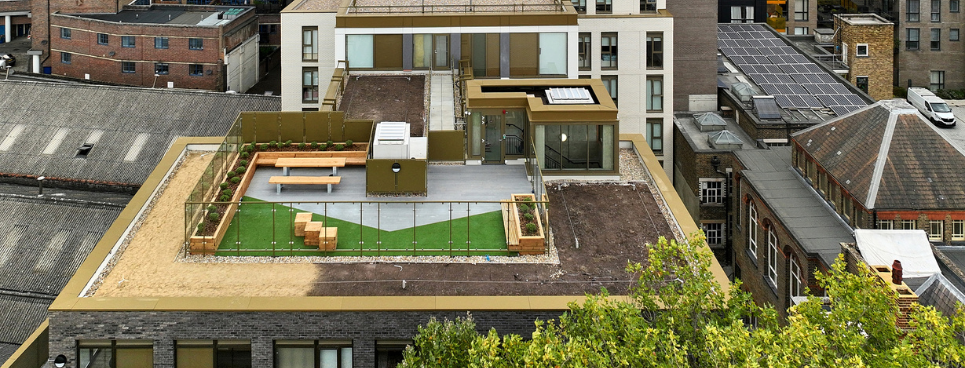News flash! Host Shortlisted for Three Prestigious GSL (Global Student Living) Awards 2025 and Retains Platinum Operator Certification
ROOMS SELLING FAST Find your new home for September

Sleep; we all need it to function properly – both physically and mentally, but how much or how little each of us gets varies.
Some people drop off as soon as their head hits the pillow and they sleep right through until the alarm. Others lie awake for what feels an age before they drift off to sleep – and even then, it might not be long before they’re awake again.
So, if you’re struggling to sleep, or just want to get the best night’s sleep possible, what should you do?
Our Marketing Executive, Laura, has put several theories to the test and below are four that actually work.

Limit your distractions at night-time by keeping your phone – and anything else that will distract you from sleep, out of sight and out of reach.
With my phone at my bedside, I used to scroll through social media or get myself tied up in a WhatsApp conversation before bed rather than focusing on falling asleep. Then when waking in the night, I would find myself not only replying to messages at silly o’clock in the morning, but I would shop, browse for holidays, do my online banking and search for anything else that randomly came into my mind at 3am!
Now, I keep my phone in another room away from the bedroom and away from distracting me.

Don’t go to bed with thoughts and to-dos whirling around in your head – write them down and get them out.
Lying awake, unable to sleep in the dead of the night was the perfect time for my mind to come alive; everything and anything would go through my thoughts. I would think of something and then keep myself awake thinking about how I must remember to do it the following day.
Now, if there’s something on my mind before I go to bed, I write it down or set myself a little reminder for the morning, so I don’t forget.
You can even try keeping pen and paper close by so if you do wake and remember something, you can jot it down quickly rather than processing it in your head all night long.

After a long day, don’t jump straight into bed and hope for the best. You need time to unwind, so try doing something that gives your mind time to rest and relax.
I’m not a big reader and only on occasion I find myself picking up a book; more often than not, when I’m on holiday. But I have recently started to read a book when I get into bed, before I go to sleep. It’s surprising how quickly I can feel myself becoming sleepy and my eyes dropping; it really is a great way to relax.
If reading isn’t for you, other methods of relaxation to try before bed include listening to music or meditating.

Doing an all-nighter? You’ll no doubt opt for highly caffeinated drinks and foods to keep you awake. But, if you’re trying to sleep, you want to avoid these foods and drinks.
I love chocolate and I love a takeaway. However, I know having all that sugar, caffeine and carb-heavy food before bed isn’t a wise choice; it has a negative effect on my sleep and leaves me feeling groggy when I wake up.
So now, I make a conscious effort to make the right food choices. If I’m going to have these foods/drinks at all, I’ll have them much earlier in the day so I have several hours for them to digest.
If you’re in need of a late-night snack, opt for the whole, minimally processed foods instead such as berries, plain yogurt and eggs.
The National Sleep Foundation hosts its annual Sleep Awareness Week on March 14th-20th, 2021. The annual event celebrates sleep health and encourages the public to prioritise sleep to improve their overall health and wellbeing. For more information and for further sleep tips and advice, visit sleepfoundation.org.
For more tips, advice and updates for students, check out our news page.
To become more ‘environmentally friendly’, Host is launching the #HostEnvironmentalPledge campaign to encourage responsible behaviour and drive sustainability across our sites throughout the UK and Ireland.
It’s a simple campaign! For every percent we reduce our overall utilities (electric, water and gas) consumption by we donate to one of our nominated charities.
Show me all newsAs the academic year winds down, many students start packing their bags and heading home for a much-needed break. But what if you stayed in your university town or city instead? Picking up a summer job where you study can be a game-changer - not just for your bank balance, but also for your personal growth and career prospects. Here's why staying local this summer might be one of your smartest moves yet, along with practical tips to make the most of it.
Choosing where to live during your studies in London is about more than just finding a place to sleep - it’s about finding a supportive, safe, and enriching environment that enhances your university experience. Here's why thousands of students choose Host as their student accommodation provider in London every year.



